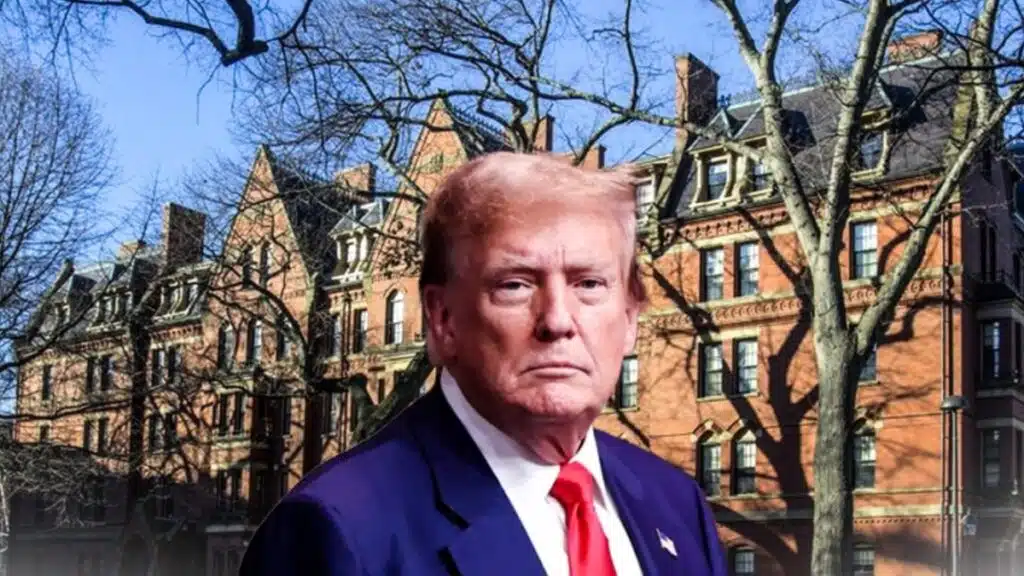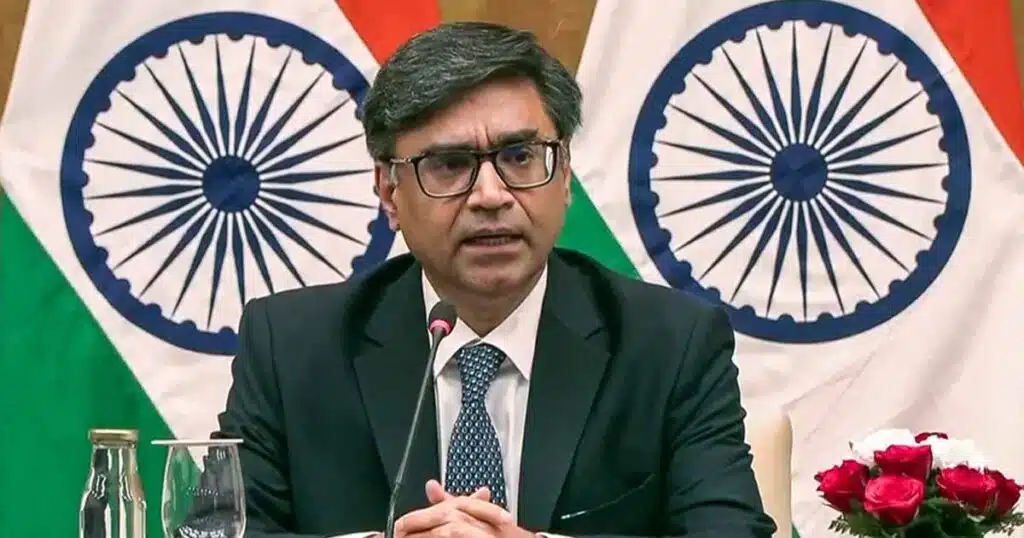WEBDESK: The Trump administration has announced a freeze on future federal funding for Harvard University, a move that could impact billions of dollars in research grants. The U.S. Department of Education told the university that no new funds will be released unless it meets certain conditions laid out by the government.
The administration has asked Harvard University to take action on several concerns. These include addressing reports of antisemitism on campus, reviewing its race-based admissions policies, and hiring more conservative faculty members. The government has also demanded limits on diversity programs and student protests.
In a letter to Harvard, US Education Department Secretary Linda McMahon said the university must address concerns about anti-Semitism on campus, school policies that consider a student’s race, and complaints from the administration the university has abandoned its pursuit of academic excellence while employing relatively few conservative faculty members.
“This letter is to inform you that Harvard should no longer seek grants from the federal government, since none will be provided,” McMahon wrote.
This decision follows an earlier freeze on about $2.3 billion already allocated to the university. In response, Harvard University filed a lawsuit, calling the move unconstitutional and a threat to academic freedom.
This funding freeze is part of a wider review into nearly $9 billion in grants and aid previously given to Harvard University. The government claims the university has not done enough to stop antisemitic incidents during recent pro-Palestinian protests on campus.
“Harvard will also continue to defend against illegal government overreach aimed at stifling research and innovation that make Americans safer and more secure,” a university spokesperson said.
University leaders say this is an attack on independent education and a political attempt to interfere with academic decisions. They argue that the freeze on funding could seriously affect important research in science, medicine, and technology.






